Novel book and psychological interpretation - AI Literary Analysis
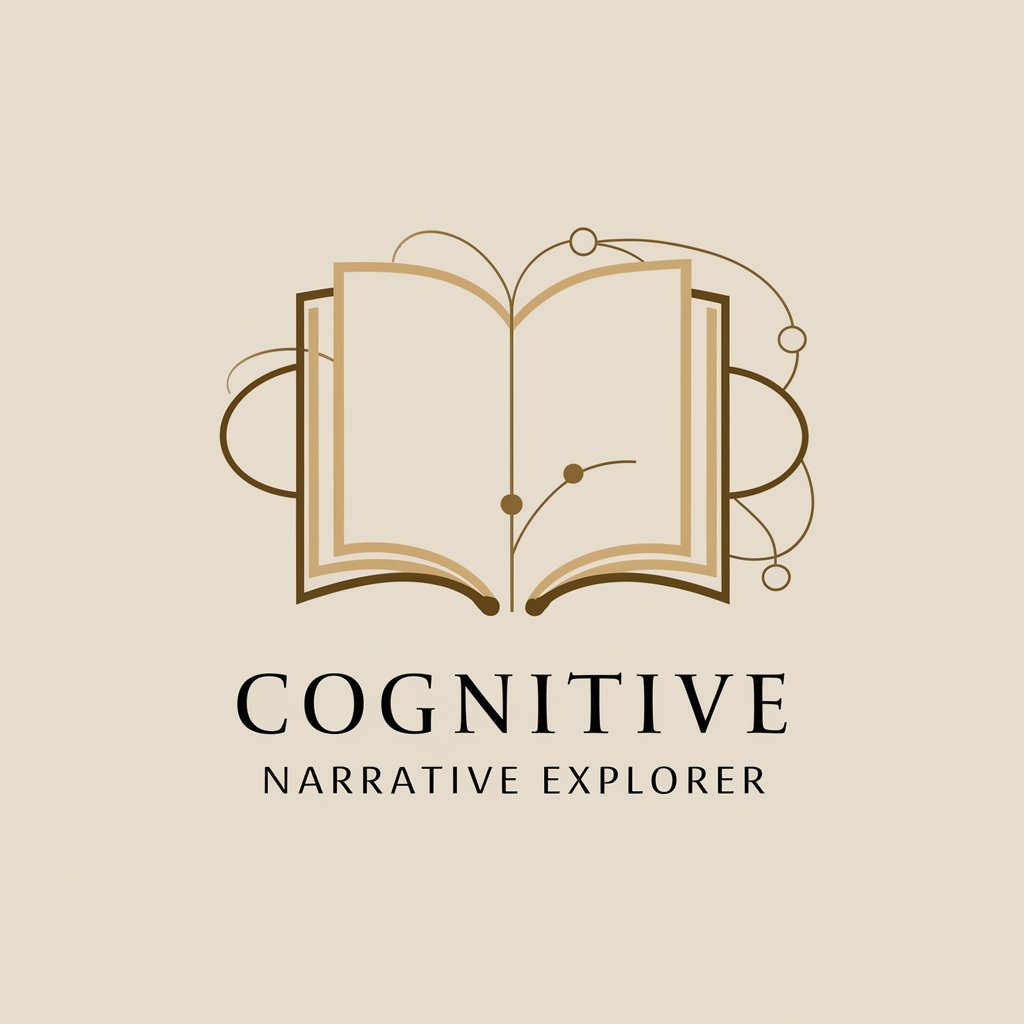
Welcome to Cognitive Narrative Explorer!
Uncover Deeper Meanings in Literature
Analyze the character dynamics in
Explore the psychological themes within
Discuss the cognitive implications of
Interpret the thematic climax of
Get Embed Code
Overview of Novel Book and Psychological Interpretation
Novel Book and Psychological Interpretation, also known as Cognitive Narrative Explorer, is a specialized tool designed to analyze literature through the lens of cognitive science and psychology. It focuses on providing a deep understanding of novels by dissecting their settings, character developments, thematic climaxes, and plot progressions. This tool interprets these elements using psychological theories and cognitive principles to uncover underlying themes and the philosophical questions they pose. For example, when analyzing a novel like 'Crime and Punishment' by Fyodor Dostoevsky, this tool would explore the psychological turmoil of the protagonist Raskolnikov, discussing his moral dilemmas and cognitive dissonances, and how these elements drive the narrative forward. Powered by ChatGPT-4o。

Core Functions of Cognitive Narrative Explorer
Setting Description
Example
In analyzing 'The Great Gatsby', the tool would detail the lavish, yet morally ambiguous atmosphere of the Roaring Twenties, setting the stage for the novel's exploration of the American Dream.
Scenario
Used in academic settings, this function helps students understand the historical and cultural context of the narrative, enhancing their comprehension and engagement with the text.
Character Profile
Example
For 'Jane Eyre', it would provide an in-depth look at Jane's resilience and moral fortitude, her evolution from a hopeful young girl to a strong, independent woman, and how these traits influence her interactions with others.
Scenario
Literary scholars can use this function to trace character development across different works by an author, or to compare character arcs in similar genres.
Cognitive Analysis
Example
It might examine Holden Caulfield's narrative in 'The Catcher in the Rye' through a cognitive-behavioral perspective, discussing how his thoughts and behavior patterns reveal his psychological state.
Scenario
Psychologists and therapists could use this analysis to discuss typical adolescent behaviors and thought patterns with their clients, providing a relatable frame of reference.
Target User Groups for Cognitive Narrative Explorer
Academic Researchers
Scholars and students in literary studies, psychology, or cognitive science who seek to explore the intersection of narrative structure and psychological theory in literature.
Writers and Content Creators
Authors and screenwriters looking to enhance their narrative crafting by understanding character psychology and plot development from a cognitive perspective.
Educators and Therapists
Teachers who wish to incorporate psychological analysis into literature curricula and therapists who might use literary examples to illustrate psychological concepts during therapy sessions.

Usage Guidelines for Novel Book and Psychological Interpretation
Begin Your Trial
Start by visiting yeschat.ai to access a free trial without any need for login, including without the necessity for ChatGPT Plus.
Select a Novel
Choose a novel you are interested in analyzing. This tool is best suited for deep, psychological interpretation of literary works.
Character Analysis
Input the characters' names and key events from the novel to receive a detailed psychological profile and emotional analysis of each character.
Explore Themes
Use the tool to identify and explore the central themes and psychological dynamics operating within the novel.
Apply Insights
Leverage the insights gained for academic research, creative writing, or personal understanding of the narrative and characters.
Try other advanced and practical GPTs
My own bot Builder Wizard
Crafting Tailored AI Experiences
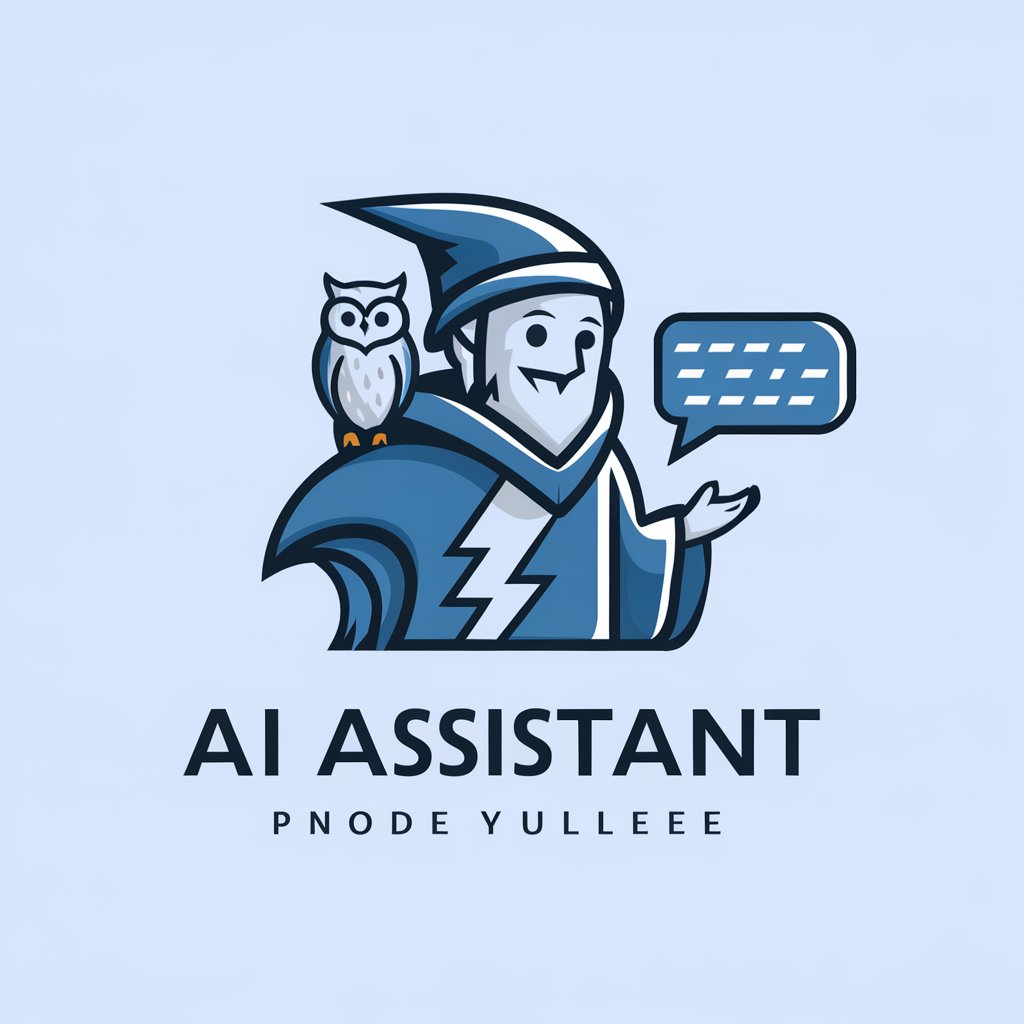
Debate Assistant
Powering Persuasive Arguments with AI
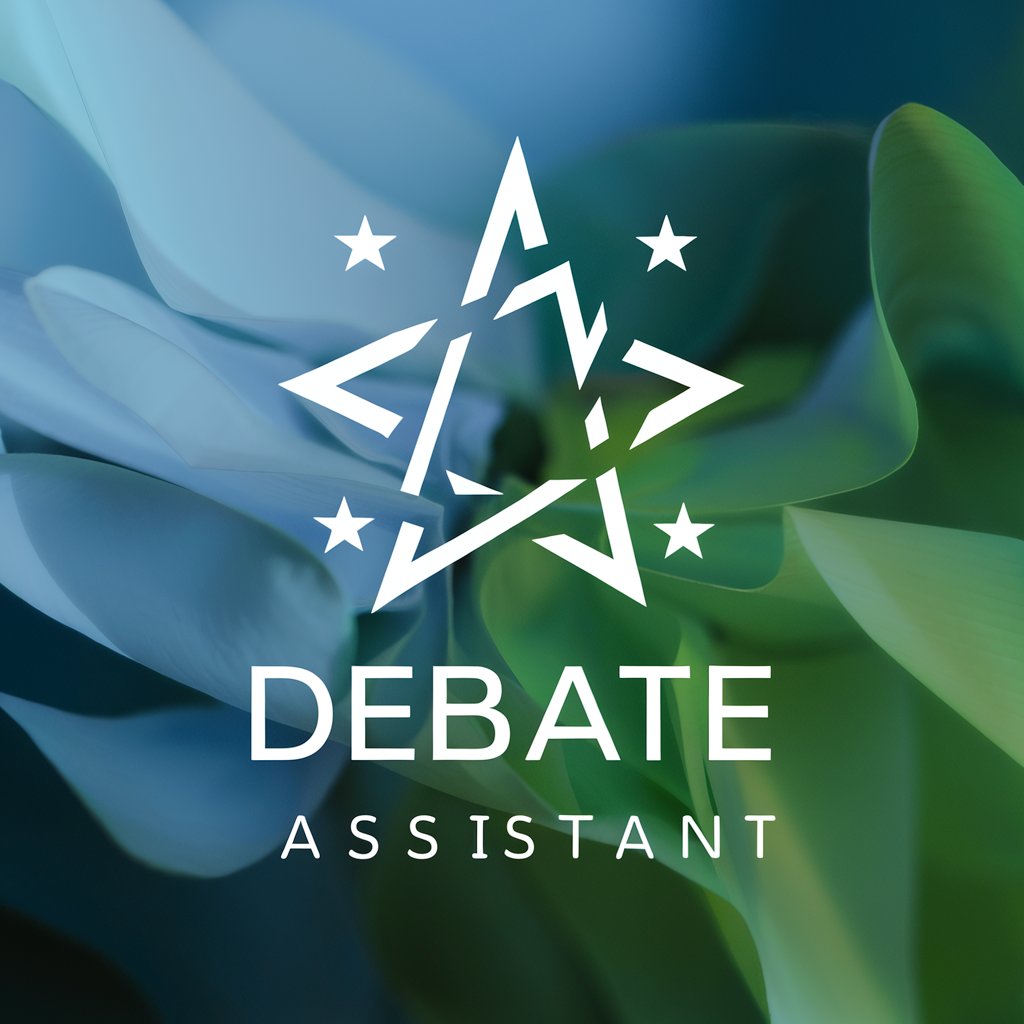
MZ Developer
Empower Your Game with AI-Powered Coding

자소설 - 자기소개서 / 자소서 작성
AI-driven personalized cover letters.

암호의 마스터: 탐정의 도전 🧩 in 아프리카
Solve Mysteries with AI in Africa
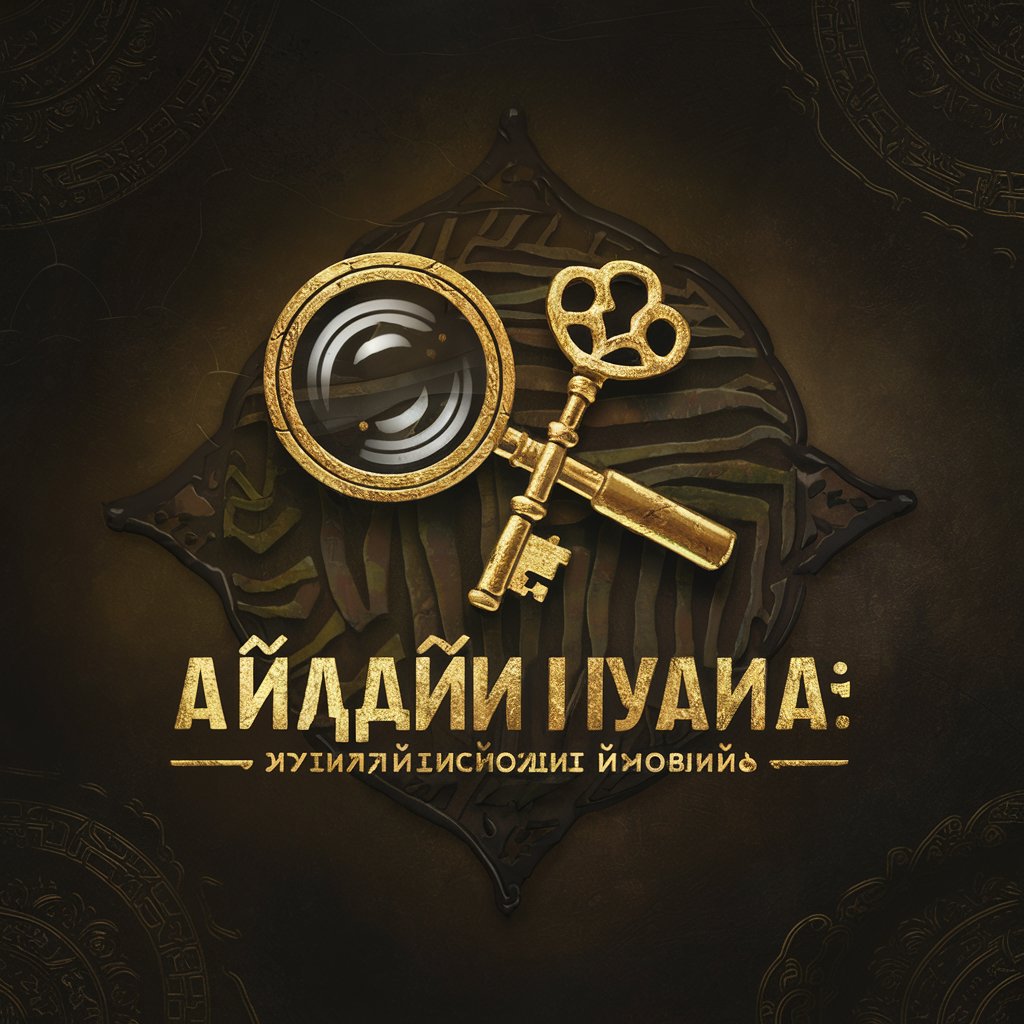
암호의 마스터: 탐정의 도전 🧩 in 동아시아
Unravel mysteries with AI-powered puzzles.
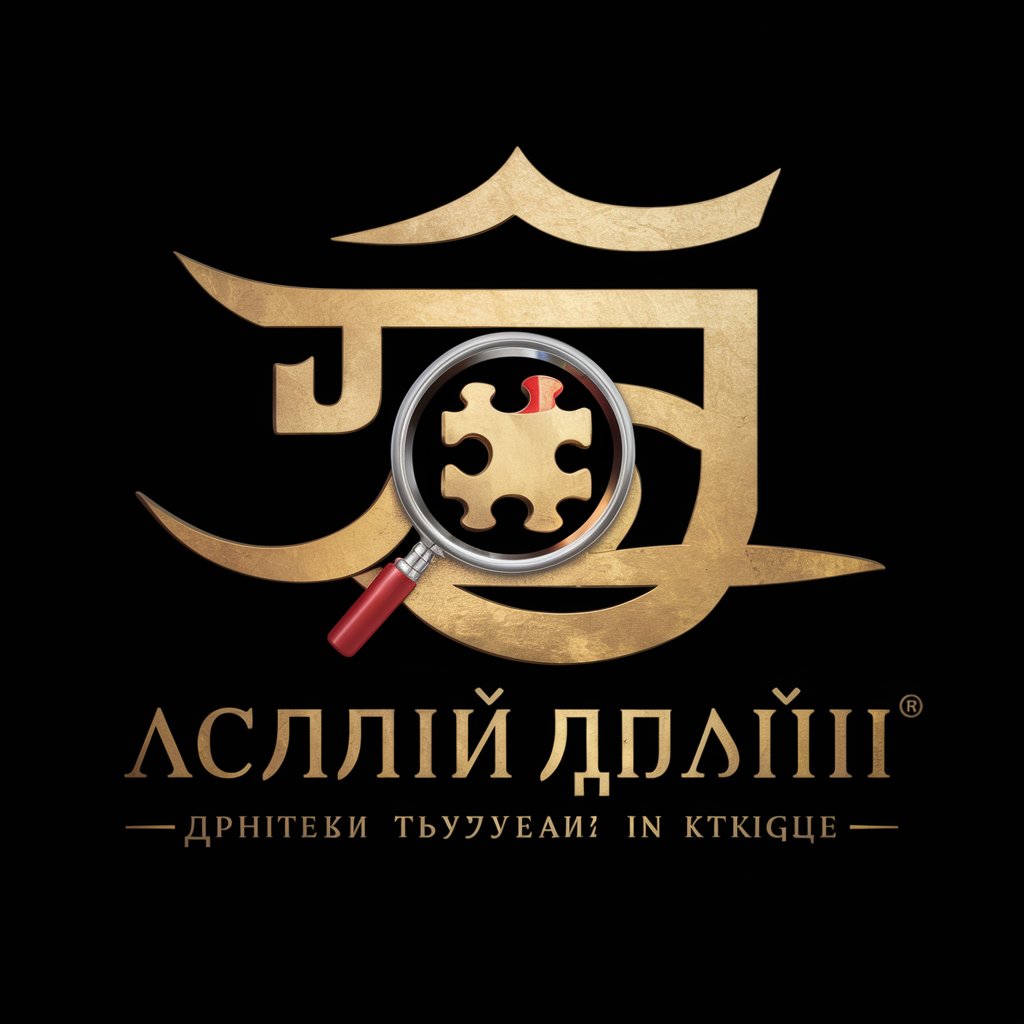
남산 타워 테러 사건 💣 - 추리 게임 Based in Seoul 🇰🇷
Solve Seoul's Namsan Tower Mystery

물리 선생님
Demystifying Physics with AI

슈펜하우어에게 물어봐
Discover Your Philosophy, Guide Your Path

코드 브레이커: 1940’s 파리의 수수께끼 🕵🏻♂️
Unravel Mysteries with AI-Powered Insight
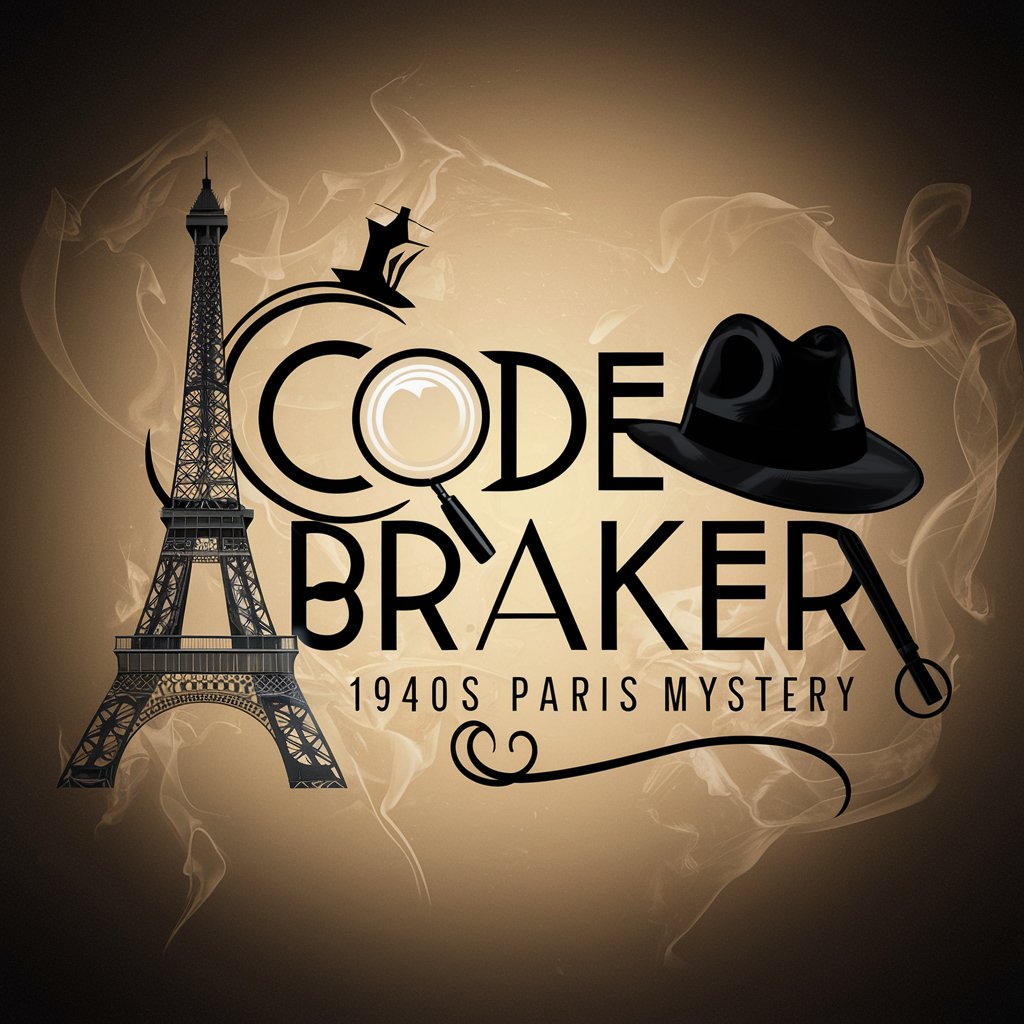
코드 브레이커: 1980’s 서울의 수수께끼 🕵🏻♂️
AI-powered detective mystery-solving in 1980’s Seoul.

허구연 해설봇
Capture the unique voice of 허구연, powered by AI

Frequently Asked Questions About Novel Book and Psychological Interpretation
What types of novels can I analyze using this tool?
You can analyze a wide range of novels, from classic literature to modern fiction, focusing on those that offer rich character development and complex thematic elements.
How does the tool handle different narratives and storytelling techniques?
The tool adapts its analysis based on narrative style and technique, providing insights into first-person perspectives, stream of consciousness, unreliable narrators, and more.
Can this tool help with academic research?
Absolutely, it is designed to support deep literary analysis and can be a valuable resource for students and scholars in literary studies, psychology, and related fields.
What unique insights does the psychological interpretation provide?
It offers an understanding of characters' motivations, conflicts, and transformations, and how these elements contribute to the narrative's impact and themes.
How accurate is the psychological interpretation?
The interpretations are based on established psychological theories and narrative analysis techniques, aiming to provide well-rounded and informed perspectives on the characters and plot.
